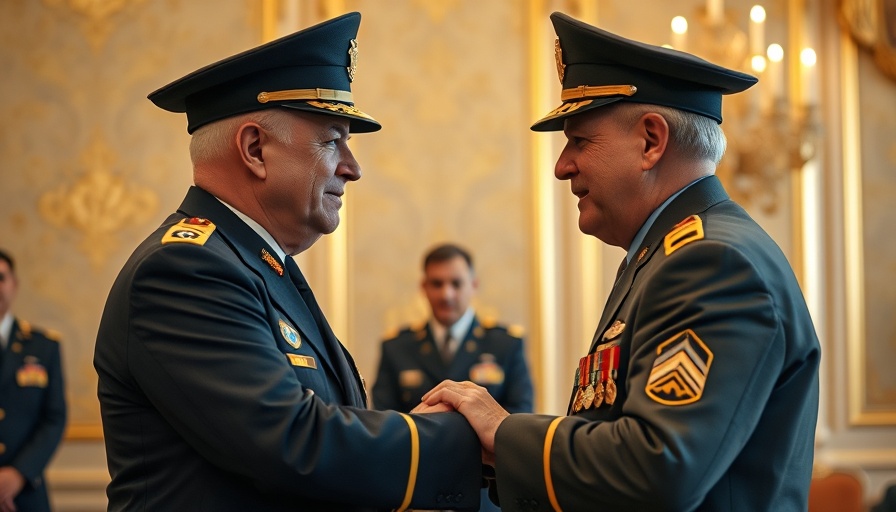
Putin’s Tough Terms for a Ukraine Ceasefire: What Does It Mean?
In a recent statement, Russian President Vladimir Putin expressed conditional agreement to a U.S.-proposed 30-day ceasefire in Ukraine. However, he made it clear that the terms are far from settled, emphasizing the need for further discussion with American officials. “The idea itself is correct, and we certainly support it,” he stated, but highlighted the necessity of addressing potential breaches and securing guarantees that Ukraine wouldn’t use the ceasefire to regroup militarily.
The Ceasefire Proposition: Hope or Stalling Tactic?
Ukrainian President Volodymyr Zelenskyy responded cautiously, suggesting that Putin may be maneuvering to reject the ceasefire under various pretexts. He charged that the Russian leader was delaying a genuine commitment to peace while maintaining military pressure. Nikolai Frolov, a political analyst, suggested that the survival of Putin's administration relies significantly on appearing to pursue diplomatic solutions while continuing aggressions on the battlefield.
International Reactions and Implications for Global Trade
The geopolitical tensions between Russia and Ukraine, intertwined with global supply chains, have major implications for import-export businesses. Many companies find themselves in a state of flux, facing heightened regulations and sanctions that complicate trade relationships. Exporters of Ukrainian grain have already felt the pinch from ongoing hostilities, and any ceasefire agreement could reshape dynamics not just in Eastern Europe but also in international markets. For instance, as Ukraine pivots towards securing military aid from allies, the delicate balance of power continues to affect commodity prices significantly.
A Historic Moment: Reflecting on Past Ceasefires
This isn't the first ceasefire attempt within a fractured history between Russia and Ukraine. Every previous attempt has been marred by elusive commitments and broken agreements. Both parties recognize that a long-lasting solution must be accompanied by credible mechanisms ensuring violations do not lead to resumed hostilities. The specter of past ceasefires evokes skepticism among analysts cautiously assessing future peace prospects.
Looking Ahead: The Economic Stakes in a Prolonged Conflict
Economic analysts warn that an extended conflict may further strain the global economy, especially as rising inflation feeds into energy and food distribution networks. Countries heavily reliant on Ukrainian exports stand on shaky ground should military engagements escalate rather than de-escalate. International perspectives on sanctions against Russia and military support for Ukraine weigh heavily on trade policies.
As import-export companies navigate these turbulent waters, understanding the broader implications of geopolitical developments is essential to mitigate risks and leverage potential opportunities. The evolving nature of this conflict invites businesses to prepare for various outcomes, from a genuine peace dialogue to intensified confrontations.
Next Steps for Stakeholders: Monitoring Developments
Import-export companies should remain vigilant in monitoring geopolitical developments, adapting strategies to ensure resilience amid uncertainty. By understanding the intricate ties between diplomatic outcomes and market fluctuations, businesses can better position themselves for the potential changes on the horizon.
The situation remains fluid, and as discussions progress, stakeholders across the globe will need to reevaluate their strategies and adapt for the future. This is not merely a war of arms; it is a landscape of global trade that stands to be tested significantly.
 Add Row
Add Row  Add
Add 




 Add Row
Add Row  Add
Add 

Write A Comment